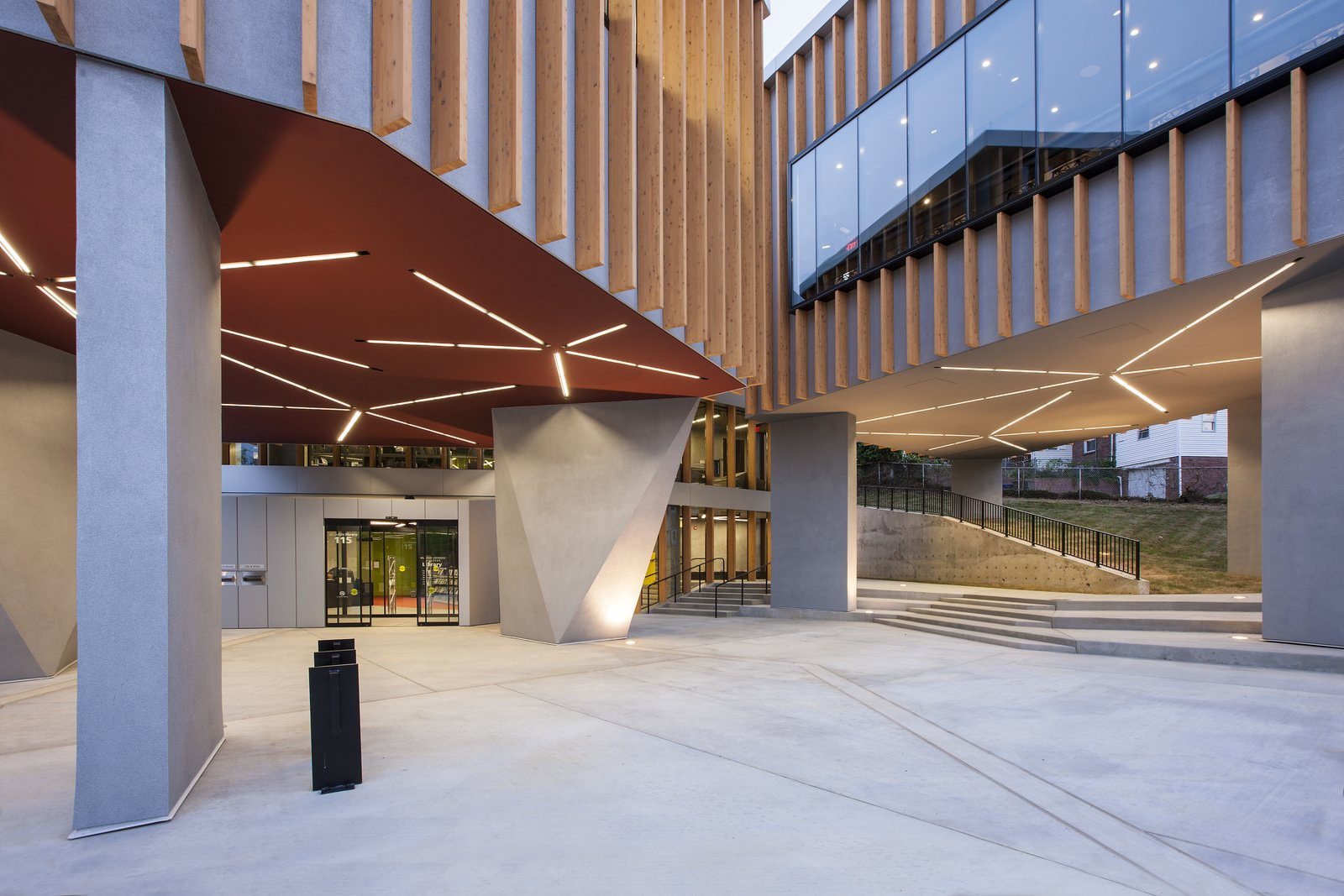Architects from the MARCH lab at the Moscow Architecture School discuss maps as a particular way of visualising space, and show what the basic quantitative data can tell us about the capital cities of the former Soviet republics and the biggest cities of Russia.
A map is a particular way of visualising space. Along with conventional maps, there are extraordinary and even speculative types of maps. The cartographic revolution has turned the map into a universally available reference standard. However, any map is only a simplified model of reality. The current crisis in our understanding of space pushes us to envisage cartography as a part of an ancient and contemporary myth.
Most people today live in cities, and urban populations continue to grow. With modern transport and communications, crossing distances between cities has become easier than ever before. Cities, which we travel between, can be seen as spatially separated parts of one city—a interconnected whole.
Which cities of the former Soviet Union get most search queries in the Russian segment of the Internet? What words do they stand next to in those queries? How is it connected to tourism and the postindustrial economy of knowledge and experience? What do transport and communication technologies do to the space between cities, and can the cities exist without it? And if not, then how much of it is needed? These are some of the questions raised by Asiapolis, a research project initiated by Adjaye Associates in collaboration with the architects of MARCH.
